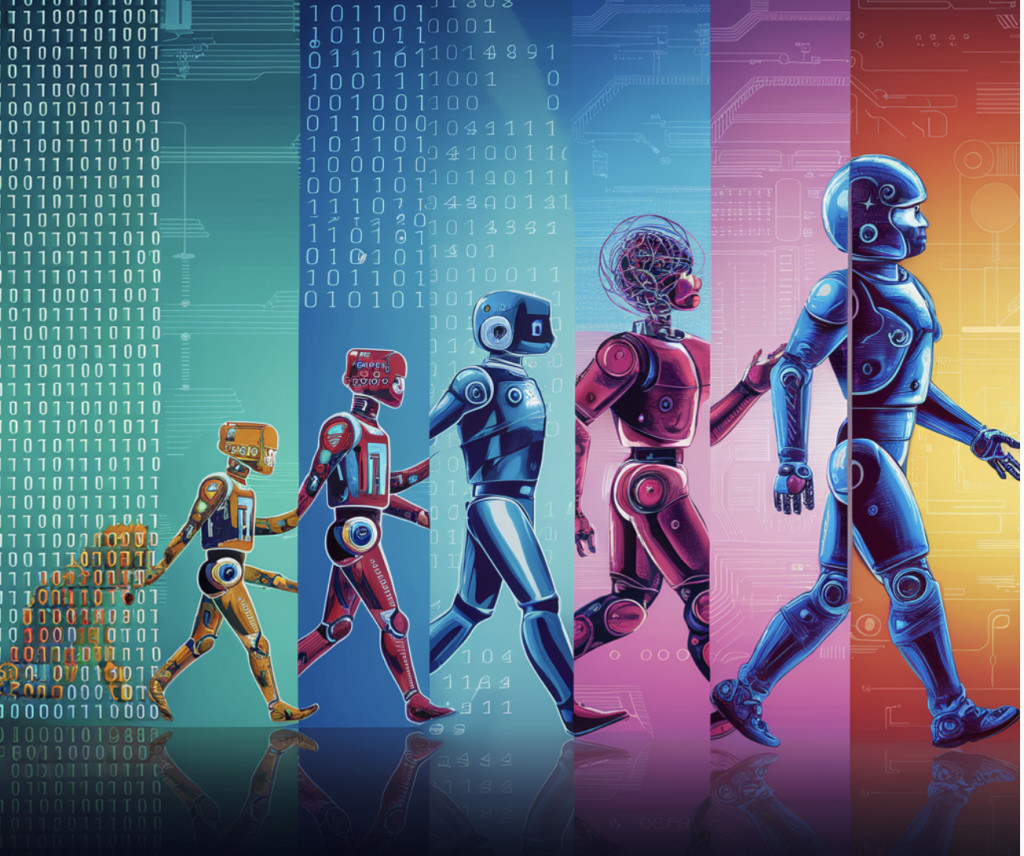Artificial Intelligence (AI) is significantly developing at a pace that is transforming many different industries. AI agents created to automate and simplify many parts of business processes are among the most intriguing recent advances. These agents, which may be divided into three categories: Planning Agents, Workflow Agents, and Matrix Agents, are the next wave of AI-powered automation technologies that hold great potential for companies looking to increase productivity and efficiency.
Planning Agents
Planning agents are made to draw out a schedule for completing particular activities. These agents, in contrast to standard automation technologies, plan out the entire process rather than merely carrying out pre-defined activities, enabling a more dynamic and flexible approach to job execution. After a plan is created, human operators usually evaluate and approve it to make sure the agent’s suggested course of action is in line with the organization’s overall goals.
Code creation is one of the most common uses for planning agents. These agents are capable of problem analysis, solution design, and even generating the code required to put the solution into practice. Businesses can expedite the creation of software tools and other AI agents by automating this planning process, which will cut down on the time and effort needed for complicated jobs. The capacity of these agents to plan and carry out activities on their own will probably increase as they develop further, thereby decreasing the need for human interaction in many aspects of business operations.
Workflow Agents
By carrying out preset workflows in response to particular circumstances, workflow agents elevate automation. These agents are designed to carry out a set of functions, each of which is represented as a workflow node. The agent can modify its activities in response to the inputs and outputs at each node, guaranteeing a smooth and efficient workflow progression.
Due to their adaptability, workflow agents are useful for automating many business processes. These agents are capable of handling the complexity of contemporary enterprise processes, whether they are running code, transforming data, establishing connections to different systems, or formatting outputs. Workflow agents increase productivity and creativity in organizations by automating repetitive processes, freeing up human workers to concentrate on more strategic endeavors.
One of workflow agents’ main features is their smooth integration with current systems. This enables companies to use the sophisticated automation capabilities these agents provide while still utilizing their current infrastructure. As more companies use workflow agents, a major shift towards more simplified and effective business processes has been anticipated.
Automated sequences controlled by AI agents that carry out tasks autonomously reduce the requirement for human intervention in AI agentic workflows. These workflows use AI technology, such as predictive analytics, natural language processing, and machine learning, to effectively perform complicated tasks. AI agentic workflows are dynamic, in contrast to traditional workflows, enabling agents to make decisions and carry out activities based on data that is updated in real-time. Across many industries, this autonomy improves accuracy, scalability, and productivity.
Matrix Agents
A unique approach to AI automation has been represented by matrix agents, which are made to manage tasks requiring recurrent processing or analysis of various input sets. Consider the requirement for a venture capitalist (VC) to assess the performance of the businesses in their portfolio regularly. A matrix agent can carry out this analysis automatically by applying a number of operations to a collection of inputs.
Matrix agents are useful for more than financial analysis. They can also produce ad material, optimize pages for search engines, and carry out a number of other repetitive activities on diverse data sets. By automating these repetitive, monotonous chores, knowledge workers can concentrate on more high-level strategic operations.
In conclusion, the swift advancement of AI agents is creating the conditions for a time when intelligent systems will perform the majority of the labor-intensive tasks in businesses. Businesses can achieve new heights of innovation and growth by adopting these innovations in addition to streamlining operations.
AI agents will play an increasingly important role in businesses as they develop. These agents will probably take on a larger portion of the workload over time, which will enable firms to run more successfully and efficiently. The introduction of planning, workflow, and matrix agents represents a major turning point in the development of AI, and in the years to come, their influence on business automation will only increase.
The post The Evolution of Artificial Intelligence (AI) Agents: Workflow, Planning, and Matrix Agents Leading Enterprise Automation appeared first on MarkTechPost.
Source: Read MoreÂ


